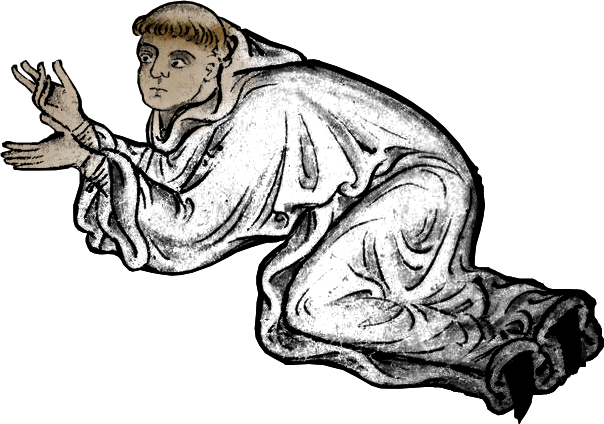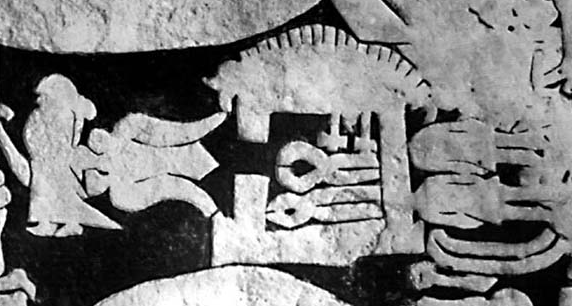

To meet (someone) halfway in the figurative sense "make mutual and equal concessions to" is from 1620s. The Anglish Moot’s wordbookdictionary in Anglishincludes all known and suggested Anglish/New English words and their meaningsbut not, unfortunately, most of Anderson’s invented words, such as seedweight (gram) and waterstuff (hydrogen). Followers of this movement speak English only using Germanic-based words, purposefully omitting words with Latin or Greek roots. Sentences are not mere collections of words to be taken out of the sentence defined separately by reference to the dictionary or decided cases, and then put. of members of an organized body or society, "to assemble," by 1520s. The Anglish Moot This fandom page is dedicated to the Anglish movement, a form of English linguistic purism.

Intransitive sense, of people, "to come together" is from mid-14c. This fandom page is dedicated to the Anglish movement, a form of English linguistic purism. the English Moot, cyon, bud, or eye of a true inserted kings were. Sense of "come into conformity with, be or act in agreement with" (as in meet expectations) is by 1690s. ) in Gardening, a small Till the time of king James I. Take control of your English and learn the most important and frequent English words with My WordBook 2, from the British Council and Cambridge University Press. MOOT, verb intransitive To argue or plead on a supposed cause. Interactive notebook to boost your English vocabulary. Pashto Dictionary improved a lot in terms of feature.

1300, of things, "to come into physical contact with, join by touching or uniting with " also, of persons, "come together by approaching from the opposite direction come into collision with, combat." Abstractly, "to come upon, encounter (as in meet with approval, meet one's destiny) by late 14c. American Dictionary of the English Language. is a non-profit project of Pukhtoogle started in 2012 to promote Pashto Language on internet. Middle English mēten, from Old English metan "to find, find out fall in with, encounter, come into the same place with obtain," from Proto-Germanic *motjanan (source also of Old Norse mæta, Old Frisian meta, Old Saxon motian "to meet," Gothic gamotijan), from PIE root *mod- "to meet, assemble." Related to Old English gemot "meeting."īy c. Currently we have no translations for moot in the dictionary, maybe you can add one Make sure to check automatic translation, translation memory or.


 0 kommentar(er)
0 kommentar(er)
